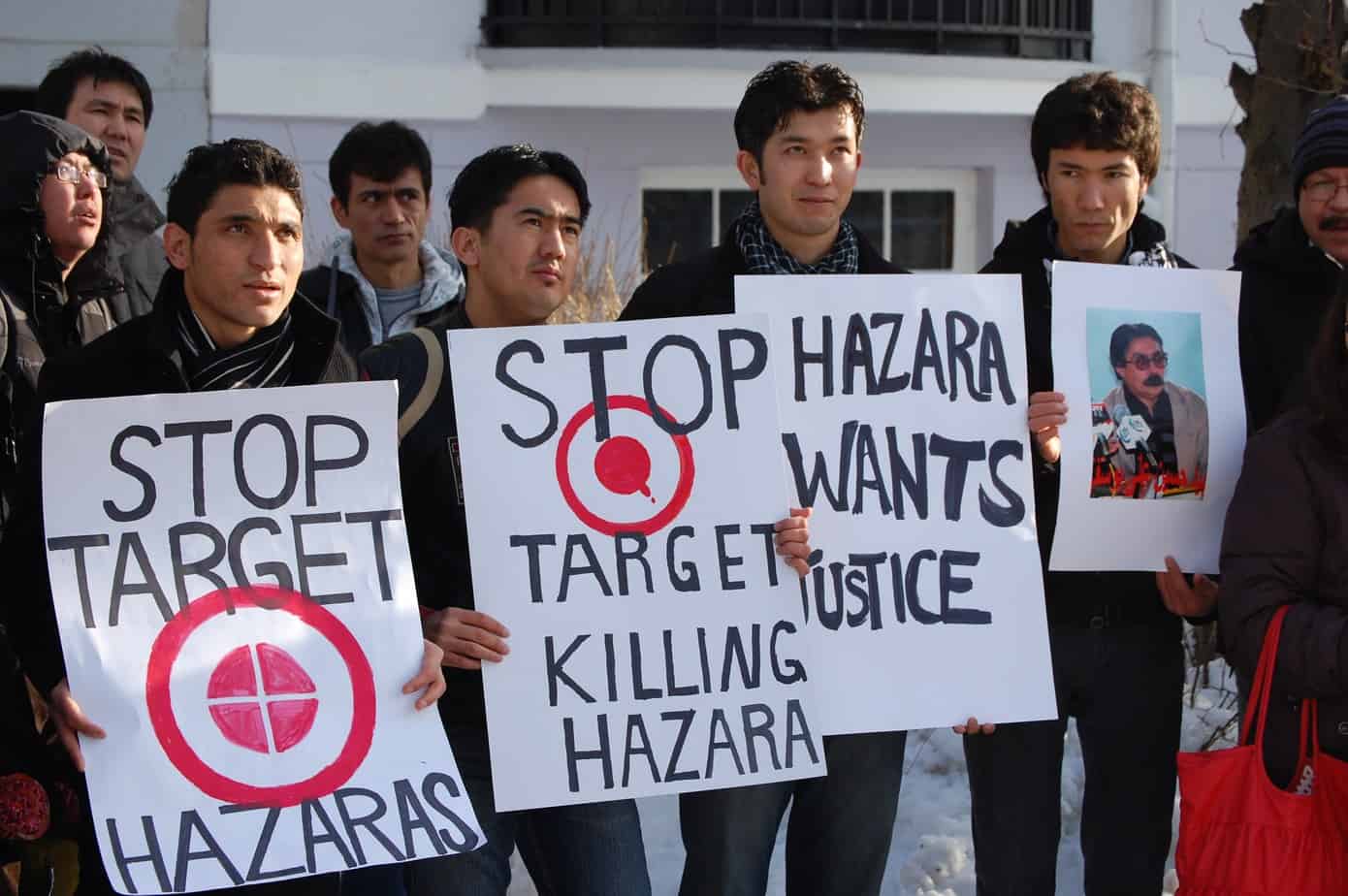While we hoped 2021 would start on a positive note, the devastating news of the death of 11 coal miners who belonged to the Hazara Shia community in Quetta, has shaken us all to the core. The Hazara community in Machh has been a target of violence since decades, yet as a nation we tend to discount the tragedies that have taken place against them. There’s more we could be doing and should be doing, but it all starts with being aware of the situation at hand. Scroll down to learn more about the history, why it’s important to depict this issue in the media and how we can help the community by taking legal actions:

The History
The Hazaras who descend from the Shia schism originally hail from Afghanistan; a majority of them migrated to Pakistan as they had been a target of violence, oppression and abuse since the 80’s. Over 60 percent of Hazaras got discriminated against and killed in the reign of the King of Afghanistan Abdur Rehman, and this discrimination progressed into more murders in 1990 led by the Afghan Taliban. The Hazara Shia community in Quetta has been a prey to ravage by extremists for many years now. It all began in 2001 when eight innocent passengers who were travelling to Alamdar road from Hazara Town got killed by undisclosed gunmen. According to history, in 1888 the Hazara women and old-aged men were treated as slaves. The Hazara discrimination plight has been addressed many times in the past years, buts history keeps on repeating itself and with no bright future prospects.
Timeline Of Hazara Attacks In Quetta
Quetta is the residence for over 60.000 Hazara Shia Muslims. According to the Members of the community, the security has distanced them from the city. The Hazaras don’t receive equal opportunities as the rest – they aren’t given rights to manage businesses or give their children the education they deserve. The list of atrocities against them is endless, yet they don’t recieve attention from the media or the help from the public that they deserve. Below is a timeline of the attacks that have taken place against them over the years – the least one can do is make themselves aware.
On June 23 2008, two police cadets were murdered and nine others were injured on Saryab Road, Quetta. On July 4 2003, 55 people were murdered on Mekongi road of Quetta. On March 2, 2004, 60 people lost their lives during a religious ceremony of Shia Muslims which was being held at Liaquat Bazaar in Quetta – terrorist organization Lashkar-e-Jhangvi took responsibility for this horrific act.
In 2010, 73 people were killed when a bomb explosion occurred during a rally in Quetta. In 2011. innocent children who were playing outside in the field got killed by armed men with fire rockets. In the same year, a group of Hazara pilgrims who got sidelined and identified at Mastung (near Quetta) were shot dead. In 2012 a number of people, including television artist Abid Ali Nazish got killed while travelling or on their way to work. In 2013, a number of bomb attacks took place which took the innocent lives of Hazaras. On 16 February in 2013, a bomb blast at Kirani Road (near Hazara Town) took place and killed 73 people. On June 23 in 2013, around 33 Hazaras died because of Al-Qaeda Affiliates who had hidden explosive devices near Hazara Town.
What Is Happening Right Now?
It’s 2021 and the Hazara community still gets discriminated against on the basis of their beliefs and religion. A couple of days ago, eleven coal mine workers got kidnapped and slaughtered to death. The violence against them doesn’t even spare women and children – they all simply pay the price of belonging to the Hazara community. Not only does this affect the families in question on an emotional level, but also on other levels. The families lose their breadwinner which leaves them in an unstable situation, making it harder for them to survive. It is mostly men who get killed on their way to work and it is they who provide food and shelter for their families. The situation has worsened so much that Hazara women don’t have the support of men to take the dead bodies to the graveyard to bury them.
What Can You Do To Help?
- Raising your voice and speaking for the rights of the Hazara Community is the first step. Try to post and share as many stories as you can on your Instagram to raise awareness. Lend your voices to them – it’s the bare minimum one can do. But it doesn’t stop here.
- You can donate to charity organizations who help with famine relief and work on education training to bring together the Hazara communities and shed positive light on them. One such charity is the Hazara Charitable Trust
- Sign this petition and raise your voice against these barbaric acts of oppression – Petition – Persecution of Hazara people in Pakistan
- Educating yourself would allow you to know the complexities and nuances of the situation, as well as equip you with the knowledge needed to take actions against it.You can go through the following readings to learn more on the matter:









What do you think?
You must be logged in to post a comment.